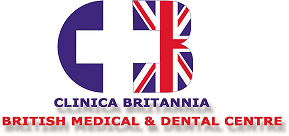Cholesterol is essential for the normal functioning of the human body. It is responsible for cementing cells together, is a major constituent of bile, and is the basic building block for sex hormones. Only in excess is it harmful. If too much cholesterol is carried around in our blood stream, it may be deposited in gradually increasing amounts inside the arteries. Slowly, the affected artery narrows, until the flow of blood is sufficiently obstructed to cause the area supplied by that artery to suffer. If that area is the heart, a heart attack will result; if it is the brain, a stroke will occur. This deposition of fat is known as arteriosclerosis, or hardening of the arteries. If you are in the high-risk group, there are several measures you can take to bring you back to normal. The first step is to stop smoking, limit your alcohol intake, take more exercise and lose weight if you are obese. If these measures are insufficient, doctors will recommend a diet that is low in cholesterol which involves avoiding most dairy products, fatty meats, sausages, offal, fried foods, and egg yolk. Despite a strict diet, there are still some people who cannot keep their cholesterol levels under control. They will require further life-long medical management by the regular use of tablets that are designed to lower the level of fat in the blood.

